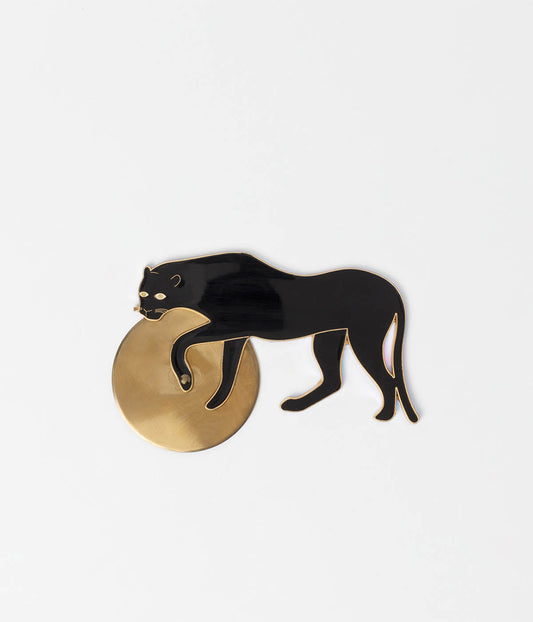
The Most Effective Ways to Stop Your Dog's Barking Habit
Marie DuchessDogs are known for their loyalty and companionship, but sometimes their barking can become a nuisance. Whether it's excessive barking at strangers, other dogs, or simply barking for attention, it's important to address this behavior to maintain a peaceful environment. In this blog post, we will explore the most effective ways to stop your dog's barking habit.
1. Identify the Root Cause
Understanding why your dog is barking is the first step in addressing the issue. Dogs may bark due to fear, boredom, anxiety, or territorial instincts. By identifying the underlying cause, you can tailor your approach to effectively address the problem.
2. Provide Sufficient Exercise and Mental Stimulation
A tired dog is a happy dog. Ensuring your furry friend gets enough physical exercise and mental stimulation can help reduce excessive barking. Regular walks, playtime, and puzzle toys can keep your dog engaged and prevent boredom, which is often a trigger for barking.
3. Use Positive Reinforcement Training
Positive reinforcement training is a proven method to modify your dog's behavior. Reward your dog with treats, praise, or playtime when they exhibit calm behavior instead of barking. This will reinforce the desired behavior and discourage excessive barking.
4. Teach the Quiet Command
Teaching your dog the quiet command can be a valuable tool in managing their barking. Start by saying quiet in a calm but firm voice when your dog barks. Once they stop barking, reward them with a treat and praise. With consistent practice, your dog will learn to associate the command with quiet behavior.
5. Remove Triggers and Provide Distractions
If your dog barks at specific triggers, such as people passing by the window or other dogs, try to remove or minimize their exposure to these triggers. Close the curtains or use white noise to block outside stimuli. Additionally, provide distractions like toys or puzzles to redirect their attention and prevent barking.
6. Consult a Professional Trainer or Behaviorist
If your dog's barking habit persists despite your best efforts, it may be beneficial to seek professional help. A certified dog trainer or behaviorist can assess your dog's behavior, provide personalized guidance, and develop a training plan tailored to your dog's specific needs.
7. Avoid Punishment or Negative Reinforcement
Punishing your dog for barking can have adverse effects and may worsen the behavior. Avoid yelling, hitting, or using shock collars as these methods can cause fear and anxiety in your dog. Positive reinforcement and patience are key to effectively address barking habits.
Remember, stopping your dog's barking habit requires consistency, patience, and understanding. By identifying the root cause, providing appropriate training, and seeking professional help if needed, you can help your furry friend become a well-behaved and peaceful companion.













